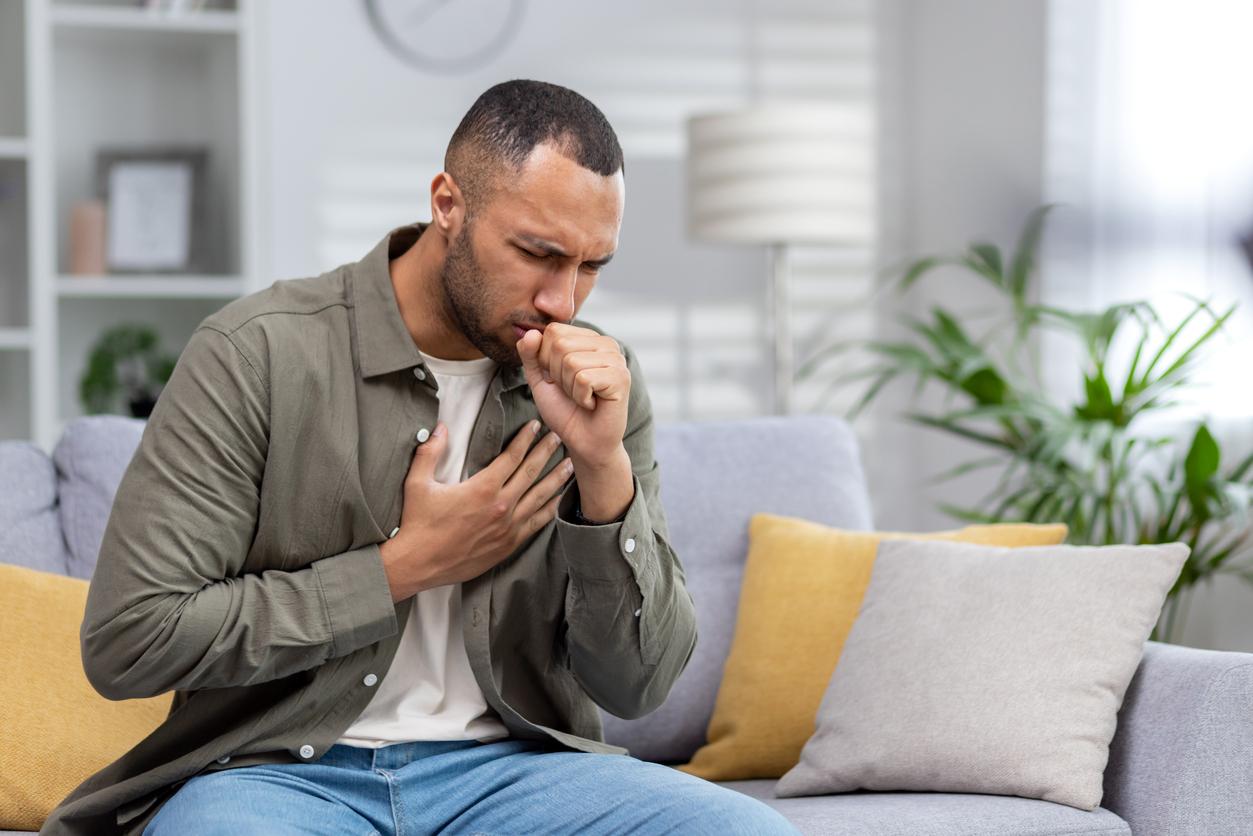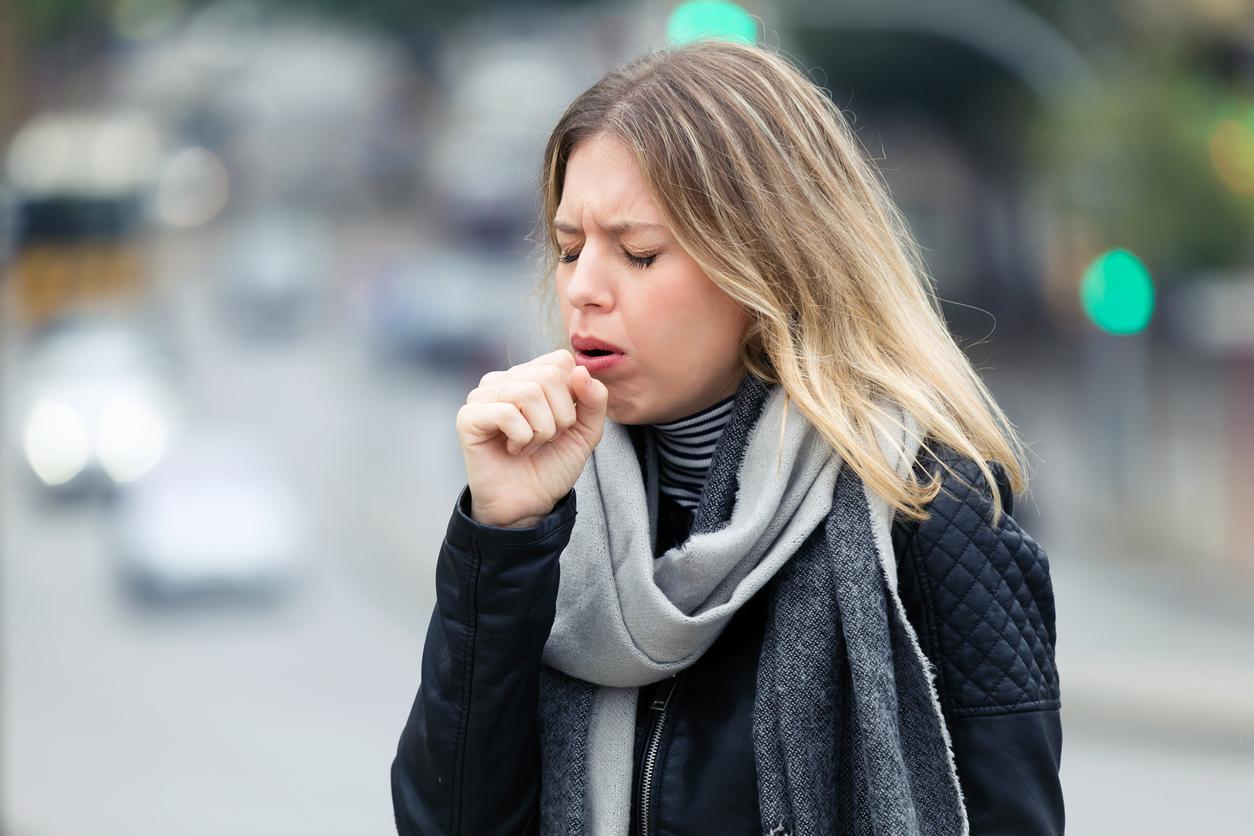1er February 2008 – Over-the-counter cough medicines for colds or flu are ineffective, according to an analysis of several clinical trials1.
Published in the prestigious Cochrane Database of Systematic Reviews, these results overshadow the long list of cough suppressants, expectorants, antihistamines, mucolytics, decongestants and bronchodilators available on drugstore shelves. Irish researchers analyzed the results of 17 clinical trials involving 2,876 adults and 8 trials involving 616 children. All of these trials compared the effects on coughing of various over-the-counter drug preparations with those of a placebo.
|
Effective, echinacea? |
Although these products are considered, by patients and doctors, as effective drugs, all the results do not allow to conclude the clinical utility of one or the other of the tested preparations, conclude the authors of study. The products that were the subject of this analysis contained various pharmacological substances known to have effects that could relieve coughs: guaifenesin, dextromethorphan, diphenhydramine, codeine, etc.
Only mucolytics have given positive results against coughs, but the small scale of the trials carried out on these substances does not allow a definitive conclusion to be drawn on their clinical usefulness, the researchers stress. Note that a saline solution would have the same effects as mucolytics which make the mucus secreted in the nose and throat during an upper respiratory infection less viscous. (See box below.)
These results do not support the conclusion that conventional over-the-counter drugs are completely useless for cough relief, the study authors note. They point out, however, that six of the nine drug-funded trials yielded positive results while only 3 of the 16 independent trials did so.
Remember that the Canadian Pediatric Society recommends not giving over-the-counter cold and flu medications to babies or children under 3 years of age.5. For its part, the American College of Chest Physicians advises against the use of these remedies in children under 14 years of age.6.
|
A saline solution as effective as conventional decongestants According to the results of a clinical trial7, children treated with commercial saline solution (nasal drops) had their cold or flu symptoms go away more quickly, compared to children treated with conventional medicines. They also experienced fewer recurrences of upper respiratory tract infections afterward. This study was carried out on 401 children. Homemade saline solution Recipe taken from: Live better with our child from birth to two years old, A practical guide for mothers and fathers. National Institute of Public Health of Quebec, Canada, 2007. www.inspq.qc.ca |
Pierre Lefrançois – PasseportSanté.net
According to the Globe and Mail, CBC, ABC News and Reuters Health.
1. Smith SM, Schroeder K, Fahey T. Over-the-counter medications for acute cough in children and adults in ambulatory settings. Cochrane Database of Systematic Reviews 2008, Issue 1. Art. No .: CD001831. DOI: 10.1002 / 14651858.CD001831.pub3.
2. Shah SA, Sander S, et al. Evaluation of echinacea for the prevention and treatment of the common cold: a meta-analysis. Lancet Infect Dis. 2007 Jul; 7 (7): 473-80.
3. Linde K, Barrett B, et al. Echinacea for preventing and treating the common cold.Cochrane Database Syst Rev. 2006 Jan 25; (1): CD000530.
4. Cohen HA, Varsano I, et al. Effectiveness of an herbal preparation containing echinacea, propolis, and vitamin C in preventing respiratory tract infections in children: a randomized, double-blind, placebo-controlled, multicenter study. Arch Pediatr Adolesc Med. 2004 Mar; 158 (3): 217-21. Full Text : Arch Pediatr Adolesc Med
5. Caring for our children. Canadian Pediatric Society, Canada 2005. www.cps.ca
6. Common cold. Mayo Clinic. United States, 2007. www.mayoclinic.com
7. Slapak I, Skoupa J, et al. Efficacy of isotonic nasal wash (seawater) in the treatment and prevention of rhinitis in children. Arch Otolaryngol Head Neck Surg. 2008 Jan; 134 (1): 67-74.















